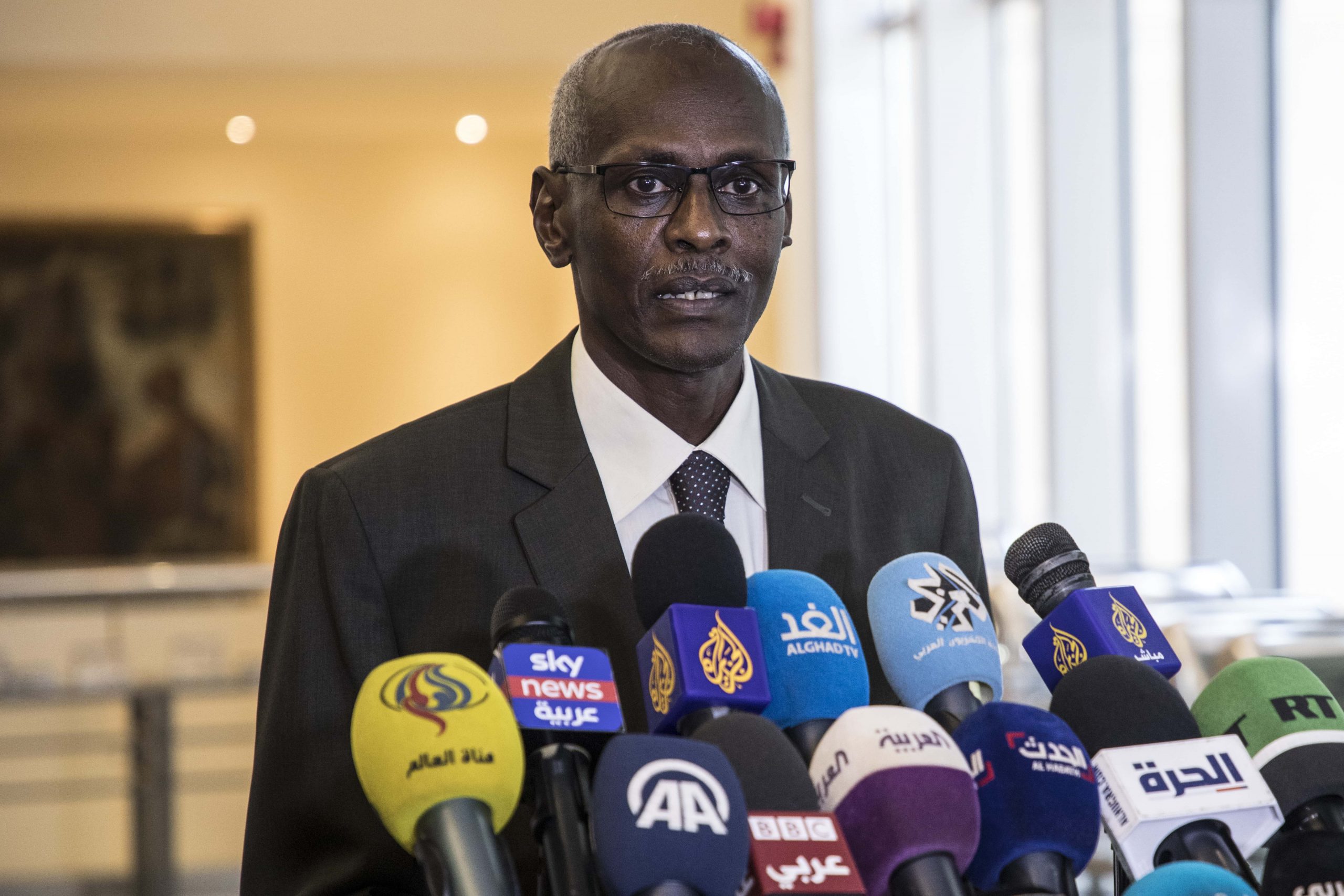Sudan’s irrigation minister, Yasir Abbas, stated in a news conference that Ethiopia had only filled four of the announced 13.5 billion cubic meters of water.
Addis Ababa declared on July 19 that the second filling of the reservoir of its massive dam on the Blue Nile River had been completed, but did not specify the exact volume of water held during the operation. Ethiopian experts, on the other hand, claim that the dam’s storage capacity of 13.5 billion cubic meters was not met, citing technical challenges faced by the Italian company building the dam.
Abbas, joined by experts and members of the Sudanese negotiating team, held a press conference to brief the audience on the findings of their investigations into the second filling. “On the 5th of this month, Sudan received an official letter from Ethiopia confirming that the filling for the second year would target 13.5 billion cubic meters of water, while in fact, they only filled 4 billion cubic meters,” said the minister. He went on to say that the Ethiopian authorities’ erroneous information would have resulted in a calamity. Sudan, on the other hand, took the required safeguards, and the water was drained according to Sudanese technical teams’ estimates, he noted.
During the press conference, the Sudanese team went into great detail on how they used satellite-based hydrological data to forecast water storage in GERD. The Sudanese minister projected that Ethiopia will reconsider its earlier timetable for filling the massive dam if 13.5 billion cubic meters of water was not stored.
Sudan’s position on filling and operation was reaffirmed by Minister Abbas, who called for a legally enforceable agreement. He also emphasized the need for a fresh method in the African Union’s negotiations, stating that the existing technique of direct talks results in the loss of time.














